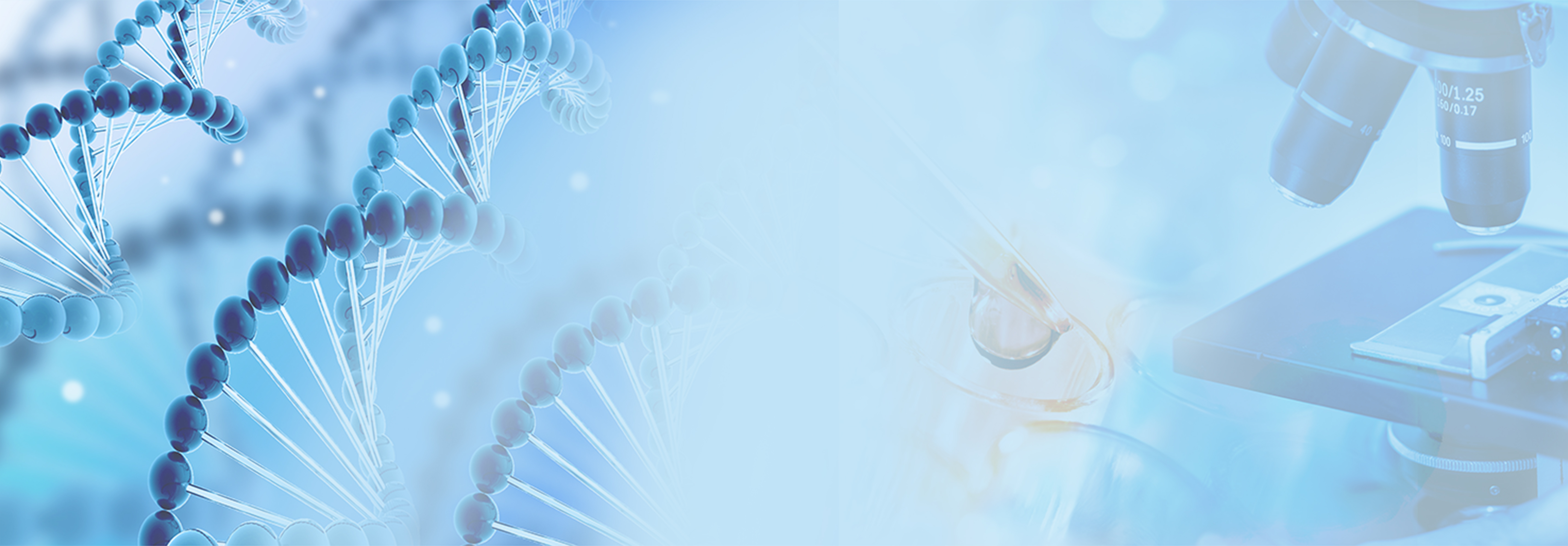Dr. Ali Yetisen (Ph.D., University of Cambridge; Postdoc, Harvard University) Associate Professor / Senior Lecturer
Department of Chemical Engineering, Imperial College London
https://www.imperial.ac.uk/people/a.yetisen
https://www.imperial.ac.uk/yetisen‐group
Invited speaker: Dr. Yunuen Montelongo (University of Oxford)
Modern medicine offers a wide range of biophotonic technologies for the non‐invasive diagnosis and treatment of high‐risk patients. The development of innovative biophotonic materials and components can reveal the human condition and enable early detection of diseases both at clinical and point‐of‐ care settings. Biophotonic devices can be deployed to centralized facilities, hospitals, rural clinics and home environments to increase the efficiency in identifying and treating patients who need urgent or continuous care.
This masterclass will demonstrate the state‐of‐the art technologies in biophotonic materials and components. This fundamental knowledge can be applied to the design, development and production of photonic technologies to create innovative industrial biomedical devices.
Participants will have a unique opportunity to work on a design project to develop photonic technologies for photomedicine applications.
Topics covered include:
· Photonic Technologies in Medicine
To overview the concepts and applications of photonic materials and devices in medicine, focusing on diagnostics and optical treatment
· Lasers
To overview the fundamental technologies and applications in laser optics (solid state, liquid state, gas, semiconductor).
· Optical Fibers
To illustrate the current state‐of‐the‐art fiber optic devices, providing the challenges and limitations in endoscopy applications.
· Spectroscopy
To demonstrate the applications of absorption, reflection and fluorescence spectroscopy and their utilization in medicine
· Microscopy and Imaging
To explore the approaches to collect optical information from a body fluid (blood, urine, cerebrospinal fluid) sample or biopsy tissue
· Photomedicine
To explore low‐level laser therapy (LLLT), photodynamic therapy (PDT) and photothermal therapy (PTT) and provide an overview of the state‐of‐the‐art technologies in disease diagnosis and treatment.
· Design Projects
To develop a commercial biophotonic technology that will solve a
global unmet problem in biotechnology or medicine
On completion of this masterclass, participants will be able to:
· Overview the application of biophotonic technologies in diagnostics and treatment of patients
· Describe the recent advances in laser optics and their utilisation in disease detection and treatment
· Outline the basic knowledge about fiber optic technologies and waveguides in biophotonics and endoscopy
· Explore the fundamentals and applications of spectroscopy technologies in biotechnology and medicine
· Apply the knowledge and experience gained to conceptualize novel technologies in microscopy and imaging
· Design and develop photonic technologies for photomedicine applications in light therapy and diagnostic device development
‐ Lectures will be delivered via Microsoft Teams.
‐ Web based exercises and quizzes will be provided for formative feedback.
‐ Group projects will be designed for assessing the learning outcomes, supported by tutorials.
‐ Forum will be created via Teams for group discussions and questions.
This masterclass is designed for UG or PG students studying in engineering, biology, chemistry, physics, biotechnology, computing or related disciplines with an interest in learning and applying photonic technologies to create innovative biomedical devices.
Pre‐requisite: Students are expected to have a basic knowledge in chemistry and biology. For those who do not have basic knowledge of chemistry and biology, a pre‐reading list will be provided before the class starts.
Please be advised that we are unable to process your application until all the following documents have been received:
1.)Academic Records
A digital copy of the transcript received from the university you attended. If the transcript is in a language other than English, please provide a translation.
2.)English Qualifications
If English is not your first language, you need to provide evidence of English language proficiency through one of the following:
1. A digital copy of the English Qualifications or official test scores which satisfy the English requirement as follows:
l a minimum score of IELTS (Academic Test) 6.5 overall (with no less than 6.0 in any element) or equivalent
l TOEFL (iBT) 92 overall (minimum 20 in all elements)
l CET- 4 (China) minimum score of 550
l CET- 6 (China) minimum score of 520
2. Undertake higher education (undergraduate or postgraduate) studies in English: You need to provide evidence that you have at least one year of full-time tertiary study in a recognised bachelor's degree or other approved tertiary qualifications.
3. If you have difficulty providing the above evidence, you will be required to attend an online interview.
Please send all the documents as attachments to icdsi.programme@gmail.com and confirm your full name, email address, university, degree title and major in this email. Please note you are also eligible to apply for the scholarship and get a tuition fee deduction of up £600. If you wish to proceed with the scholarship application, please send your personal statement (under 500 words) and CV alongside the supporting documents mentioned above in the same email. Communications about the status of your application will be sent by email, so be sure to regularly check the email account on your application.
Please note the application deadline is 15th December 2021. For more information about the programme, please kindly find the attachment.
